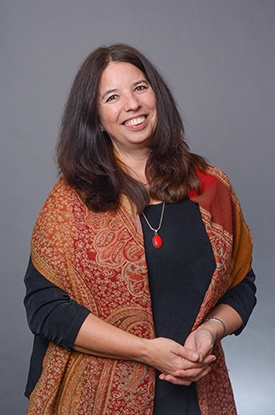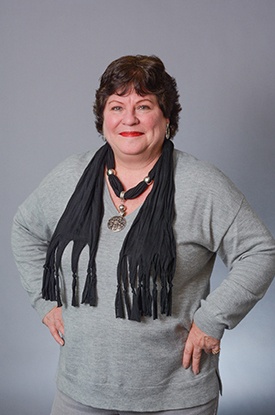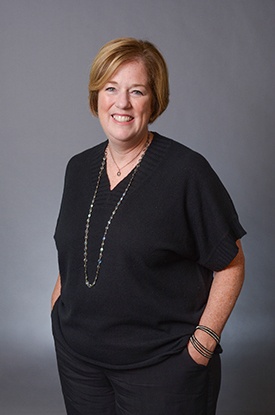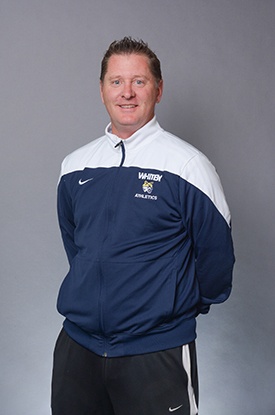We believe that maintaining and developing language skills of our learners, whose mother tongue is other than English, is vital. Developing a child’s mother tongue can accelerate the acquisition of English and increase academic achievement across the curriculum.
Whitby works with ABC Languages, a local language agency, to assist with the provision of mother tongue class, when possible. ABC Languages works with parents to find teachers for the Mother Tongue Program. Classes are offered during WECCP and Co-Curricular time with fees varying by the number of sections offered and students enrolled in the program.
Parents may contact Nicolette Dekens at ABC Languages: nicolette@abclang.com to inquire about options for enrolling students in the program. For Upper School students studying in the English as an Additional Language program, Mother Tongue courses may be required to satisfy MYP requirements.










